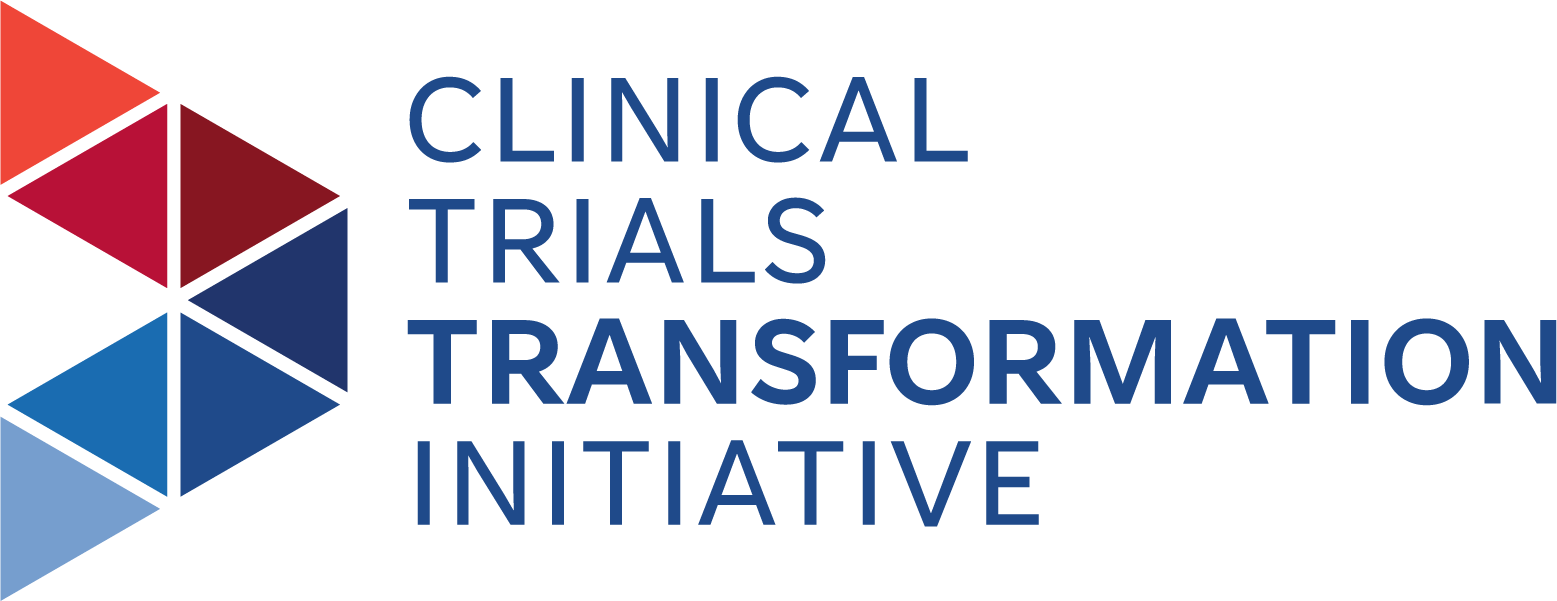ASCO Recommends Improvements to the Accuracy and Attribution of Serious Adverse Events Reporting in Oncology Clinical Trials
ASCO Cites CTTI’s Safety Reporting Recommendations
SUMMARY
When the American Society of Clinical Oncology (ASCO) reached out to its members to learn
about common pain points in oncology clinical trials, one topic came up nearly
every time: adverse event reporting. ASCO used CTTI's Safety
Reporting Recommendations to help inform a multi-stakeholder workshop,
develop recommendations for streamlining
reporting, and ultimately to develop a decision aid for improving the
accuracy and attribution of serious adverse events in oncology clinical trials.
GOAL(S)
Timely and accurate safety reporting is critically important in clinical research and patient safety. However,
there is an exceedingly high volume of reports that may do more harm than good.
ASCO created a task force to develop a roadmap for
making the adverse event reporting process as meaningful and informative as
possible.
CHALLENGES
Adverse
event reports often lack information
on whether the reported events are relevant to specific trials. They may also
be causally associated with the therapeutic agents being studied or include anticipated
events described in the study protocol or investigator brochure.1 Researchers
and the U.S. Food and Drug Administration (FDA) are frequently left to review a
high volume of uninformative reports, which often lack advice or guidance on
the clinical interpretation of the event and the appropriate action to be
taken.2,3 This high volume
of inadequate information may actually contribute to greater patient risk, not
less.
SOLUTION(S)
ASCO hosted a multi-stakeholder workshop in 2017,
with representatives from academic and community oncology practices, the FDA,
the National Cancer Institute (NCI), industry, contract research organizations
(CROs), and patient advocates. ASCO was aware of CTTI's Safety Reporting initiative and was
able to leverage the associated recommendations in the workshop, as well as in
the development of ASCO's own recommendations for streamlining
reporting, and ultimately the development of a decision aid for improving the
accuracy and attribution of serious adverse events in oncology clinical trials.
CTTI's work was not oncology-specific, but served as a good starting point. The
CTTI recommendations outline communication approaches for better assessment of
safety issues with a focus on reducing
irrelevant reports and increasing their adherence to FDA requirements.
TAKING ACTION
CTTI's
recommendations provided context to ASCO on what had been done to improve safety reporting, and the ASCO task force set out to create a roadmap for making the
adverse event reporting process as meaningful and informative as possible. CTTI's
recommendations, case studies, and webinar on the topic were foundational in this
ASCO initiative on adverse event reporting.
IMPACT
In response to
input they received during the workshop, ASCO developed recommendations for
streamlining reporting and developed a decision aid for improving the accuracy
and attribution of serious adverse events in oncology clinical trials. The decision aid was designed to
assist physician-investigators and research staff with determining whether an
adverse event should be reported to the sponsor as a serious adverse event and
attributed to the investigational drug. An article
in the JCO Oncology Practice reports the results of a
preliminary study that assessed real-world usage and impact of the decision
aid. The study found that, while the decision aid generally did not increase
accuracy in determining seriousness (whether the investigator should submit a
serious adverse event report to the sponsor), it did increase accuracy in
determining whether a serious adverse event should be attributed to the
investigational drug. The majority of study participants indicated that the
decision aid was helpful and that they would use it in practice. 4
ADVICE
One
ASCO Steering Committee member feels it saved significant time and
avoided recreating the wheel by using CTTI's recommendations as a starting
point for their effort. CTTI's willingness to partner also helped ASCO to
ensure an effective solution and desired impact on the research community. Other
organizations looking to establish best practices and resources could consider
partnering with CTTI and/or ASCO to leverage prior work to minimize redundancy
and solve challenges in this area.
CITATIONS
- Levit LA, Perez RP, Smith DC, Schilsky RL, Hayes DF, Vose JM. Streamlining Adverse Events Reporting in Oncology: An American Society of Clinical Oncology Research Statement. Journal of Clinical Oncology. 2018;36(6):617-23.
- Perez R, Archdeacon P, Roach N, Goodwin R, Jarow J, Stuccio N, et al. Sponsors' and investigative staffs perceptions of the current investigational new drug safety reporting process in oncology trials. Clinical Trials. 2017;14(3):225-33.
- Jarow JP, Casak S, Chuk M, Ehrlich LA, Khozin S. The Majority of Expedited Investigational New Drug Safety Reports Are Uninformative. Clinical Cancer Research. 2016;22(9):2111-3.
- Mileham KF, Schenkel C, Chuk MK, Buchmeier A, Perez RP, Hurley P, et al. Assessing an ASCO Decision Aid for Improving the Accuracy and Attribution of Serious Adverse Event Reporting From Investigators to Sponsors. Journal of Oncology Practice. 2019;15(12).
ORGANIZATION
American Society of Clinical Oncology
ORGANIZATION TYPE
Professional Society
IMPLEMENTATION DATE
2017
TOPIC
Safety Reporting
